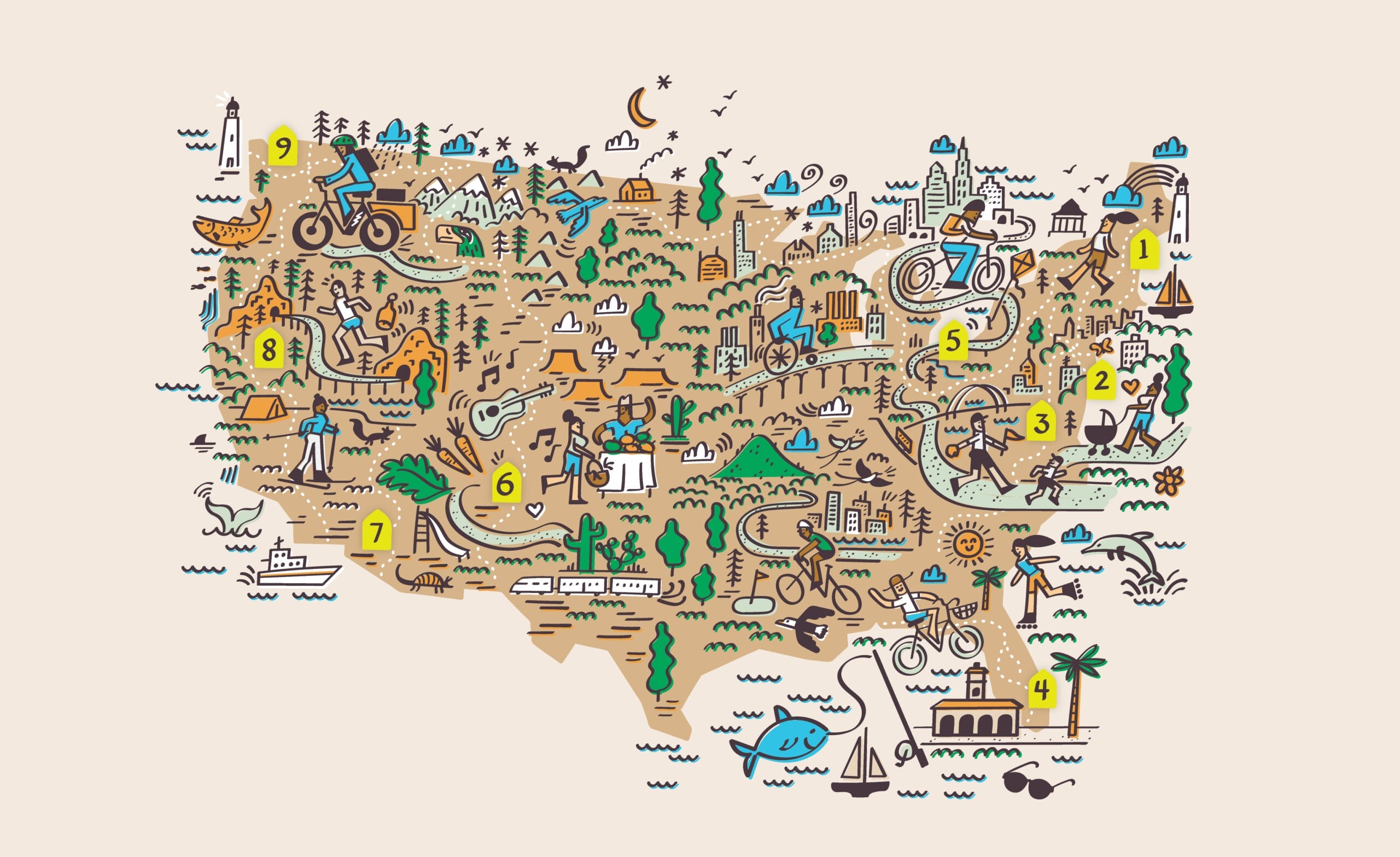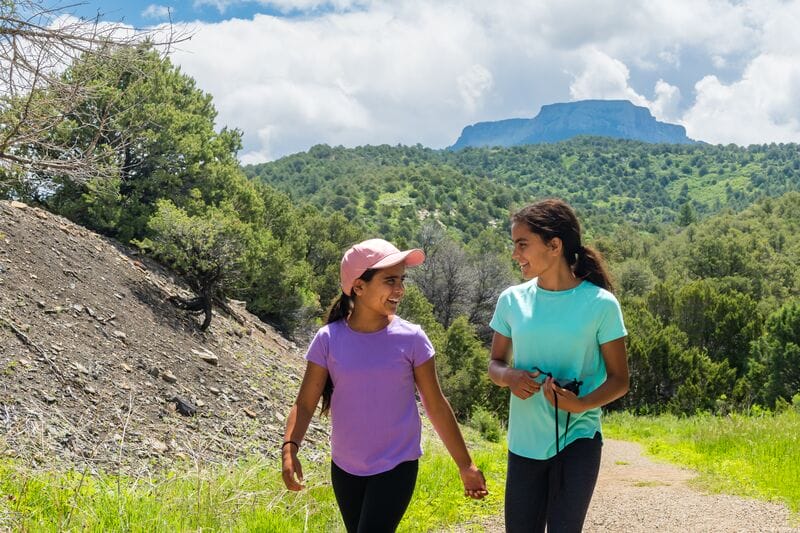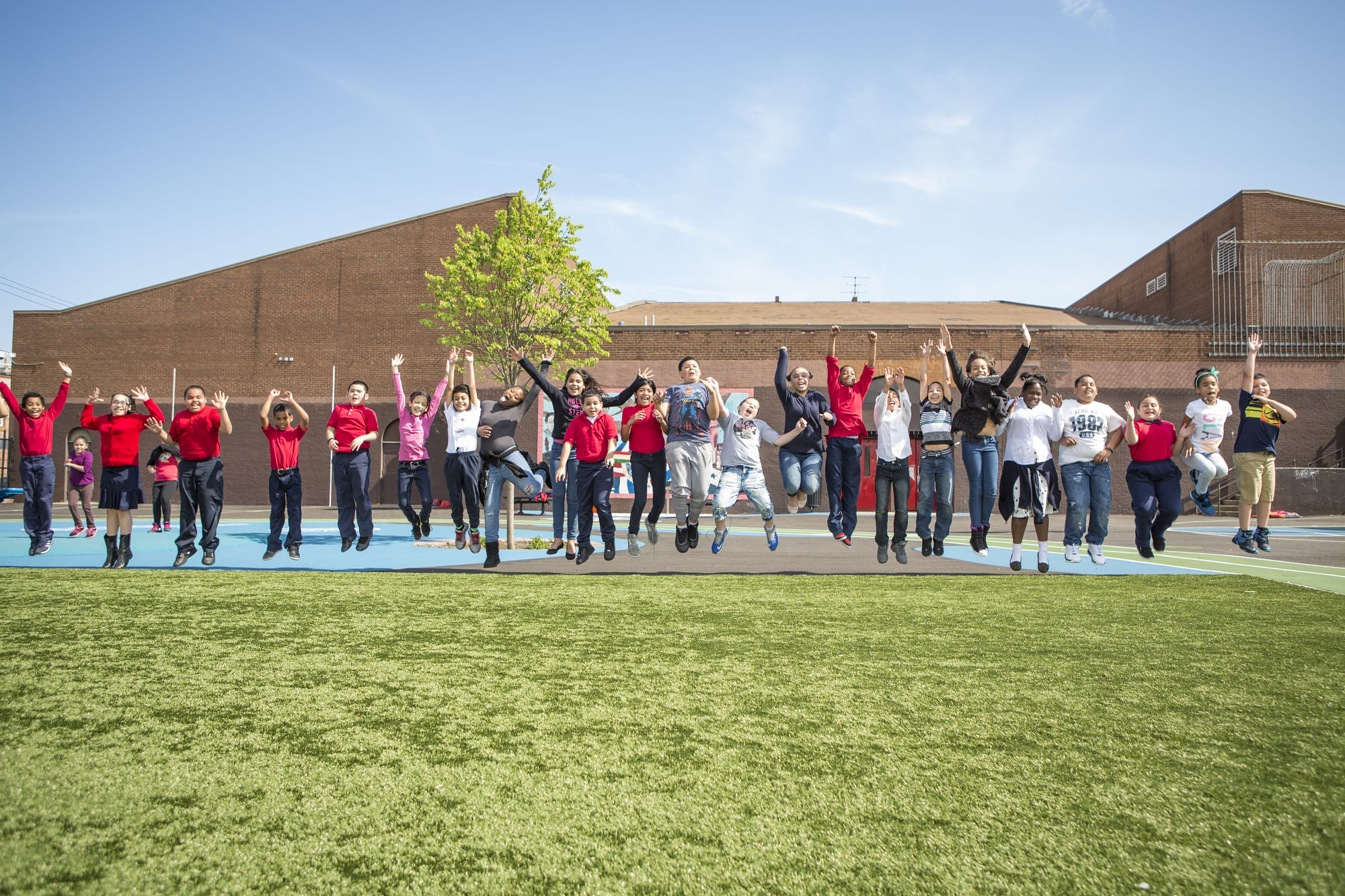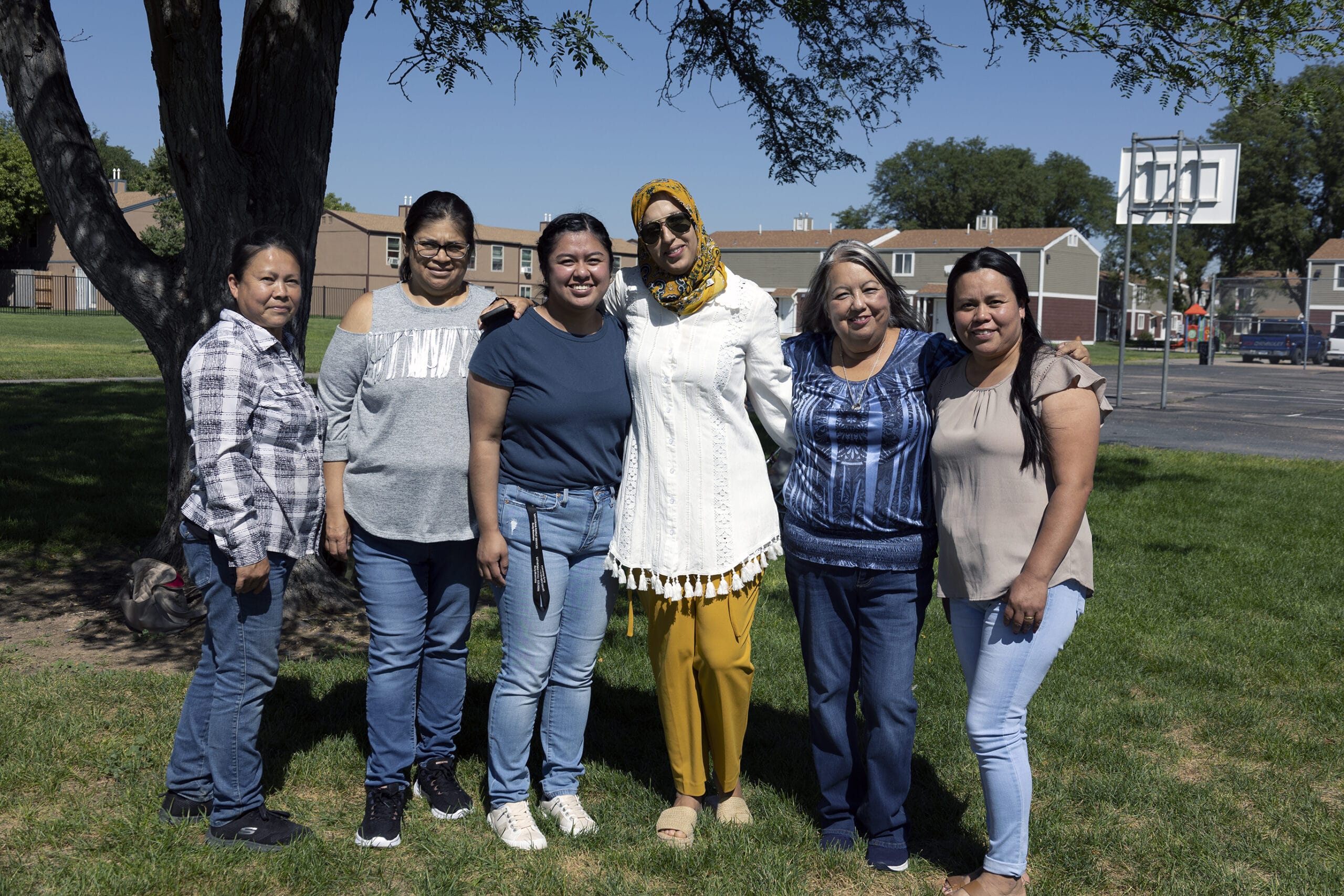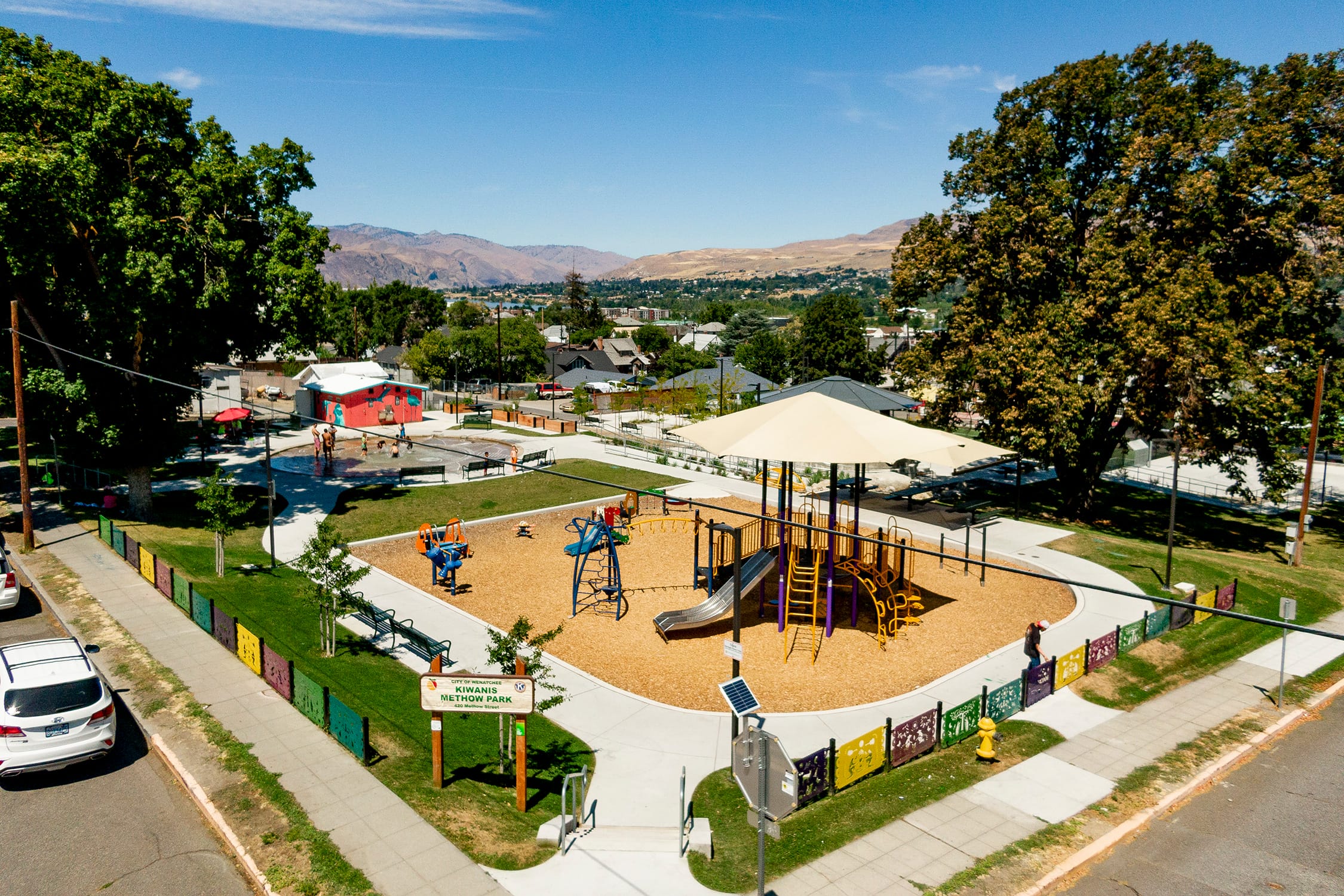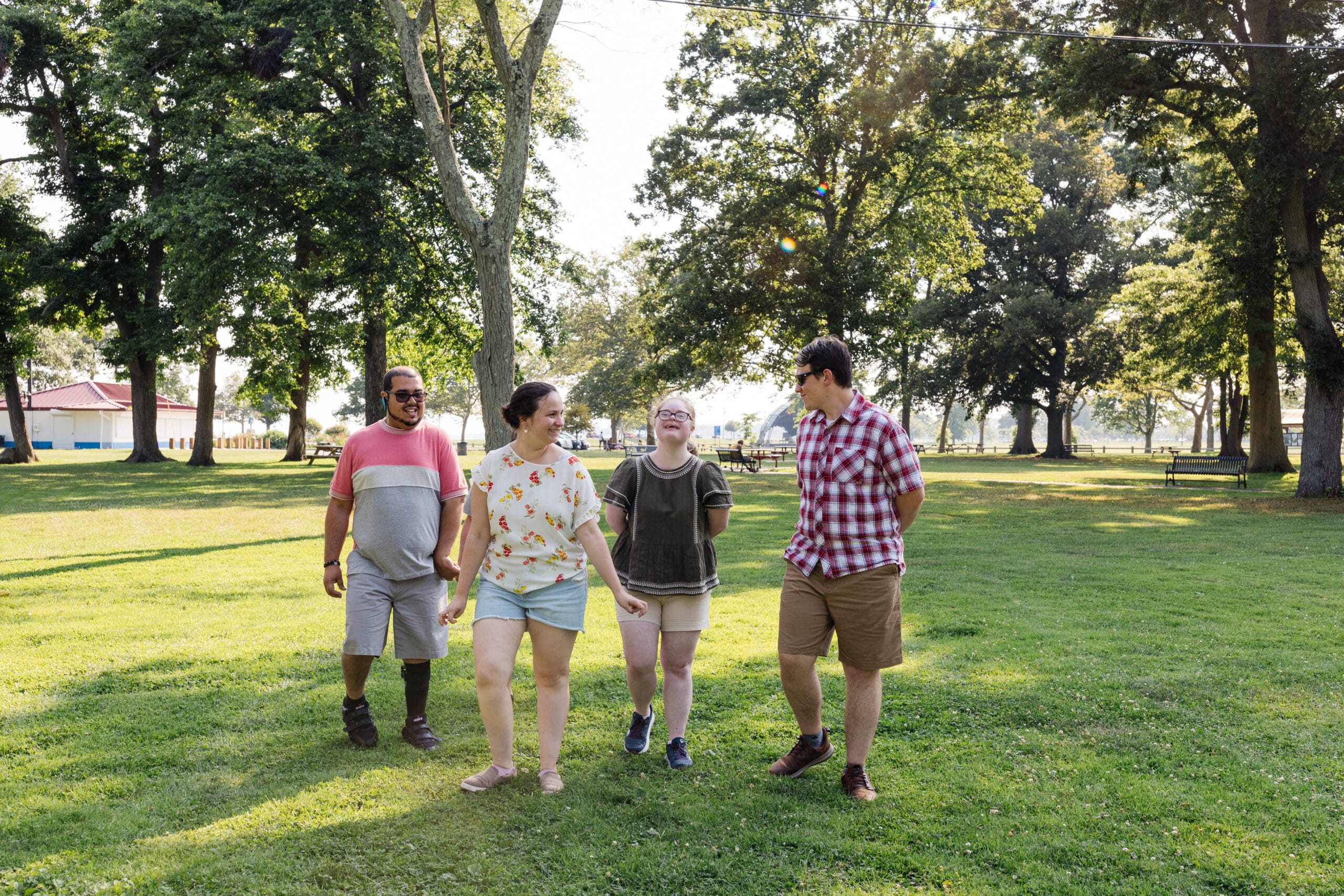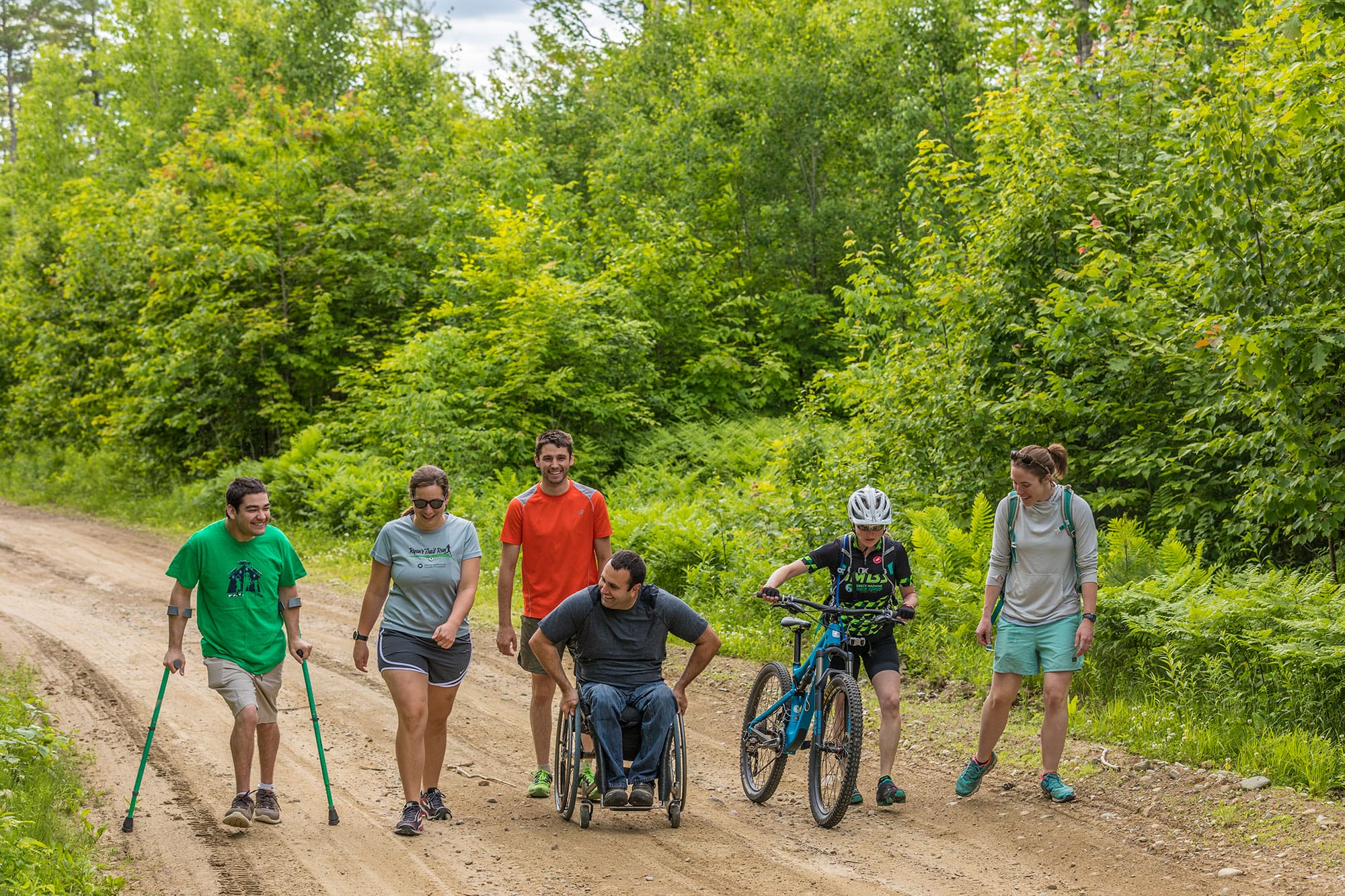
The outdoor industry’s game plan: first, stand up and be counted
The outdoor industry’s game plan: first, stand up and be counted
From the standoff at Malheur Wildlife Refuge to the debate over Bears Ears National Monument, conflicts over use of public lands often raise questions about the role these places play in the economy. It’s not only industries like timber, mining, and ranching that make use of our shared natural resources: businesses like retailers and outfitters depend on them, too. Earlier this month, Congress took a step toward a more complete picture by passing the Outdoor Recreation Jobs and Economic Impact (REC) Act. It authorizes the government to include the outdoor industry in analysis of the GDP, and it received unanimous, bipartisan support.
In states like Colorado—where the outdoor industry is worth billions of dollars—there’s no question that public lands mean business. The state has its own Outdoor Recreation Industry Office, headed by accomplished mountaineer Luis Benitez. We gave him a call to learn more about his work, the REC Act, and other ways the outdoor industry is making its voice heard.
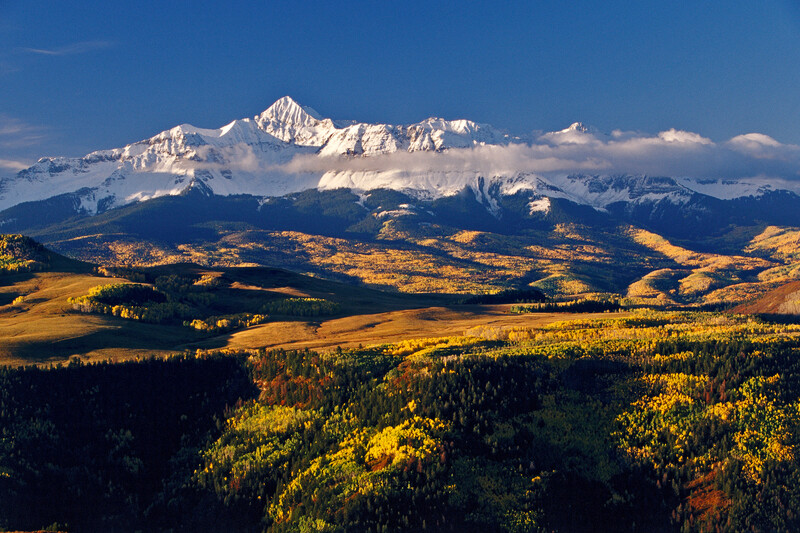 Big mountains mean big business for Colorado’s outdoor industry. The Trust for Public Land protected beloved climbing routes on Wilson Peak near Telluride in 2015.Photo credit: Whit Richardson
Big mountains mean big business for Colorado’s outdoor industry. The Trust for Public Land protected beloved climbing routes on Wilson Peak near Telluride in 2015.Photo credit: Whit Richardson
Why does Colorado have an office just for the outdoor industry?
My job is a recognition of the fact that the outdoor industry represents a big portion of the economy, both in this state and nationwide. In Colorado alone, the industry employs 313,000 people and contributes nearly $20 billion to the state’s GDP. Nationally, we estimate that the outdoor industry generates $646 billion in consumer spending and accounts for 6 million jobs. If that’s accurate, it means the outdoor industry has roughly the economic significance of the auto industry and pharmaceuticals combined.
That’s huge. But if you already know the industry is big, why do you need the REC Act?
The REC Act calls for the federal government to use its statistical resources to determine exactly how much the outdoor industry is worth. It signals a growing recognition of what we do for American communities, and that’s important—because at this point, there are still a lot of policymakers still have no idea what a big piece of the economy we are really are.
What are the next steps for increasing the outdoor industry’s influence on policy?
Once we have this measure of our economic significance through the REC Act, we’ll have an even stronger case to be heard in state governments—through offices like mine—and ideally, at a national level, too. I’m encouraged by the fact that the president-elect’s pick for secretary of the interior, Ryan Zinke, hails from Montana, because Montana just announced its intention to create a state office of outdoor recreation. That means we won’t be starting from scratch on a national level.
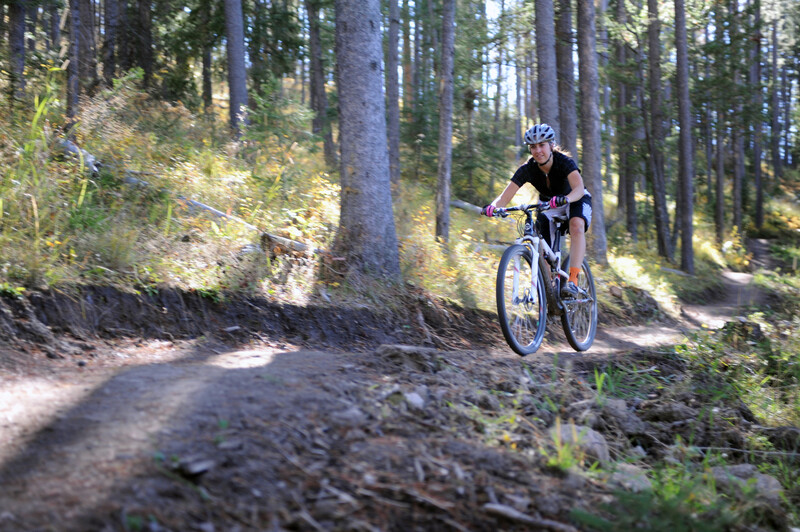 Outdoor recreation is a huge—and growing—industry in Montana. In Bozeman, residents make the most of trails close to home.Photo credit: Megan Sullivan
Outdoor recreation is a huge—and growing—industry in Montana. In Bozeman, residents make the most of trails close to home.Photo credit: Megan Sullivan
What’s the relationship between the outdoor industry and the conservation movement?
Ultimately, the case for conservation is stronger when we can show that protecting land has multiple benefits—especially economic benefits.
You might set out to save a forest or a river as habitat for a certain species of wildlife, or because you’re passionate about the intrinsic value of these places—and I deeply respect those viewpoints; they have a place at the table. But when you go to Washington for conservation funding, it really helps to explain that healthy ecosystems drive revenue and jobs to rural communities. When you start talking about jobs and revenue in Washington, you get people’s attention.
 Benitez has family roots in the outdoor industry. “My grandfather owed a sporting goods store in the Midwest, so I grew up fly fishing and hunting,” he says. “I learned about wildlife, conservation, and stewardship from my family.”Photo credit: Luis Benitez
Benitez has family roots in the outdoor industry. “My grandfather owed a sporting goods store in the Midwest, so I grew up fly fishing and hunting,” he says. “I learned about wildlife, conservation, and stewardship from my family.”Photo credit: Luis Benitez
If the future of conservation depends on the work of the outdoor industry, is the reverse also true?
Yes. We’re a multi-billion dollar industry, but we’re built on the back of effective conservation and stewardship of natural lands and resources. It is not possible to have a strong outdoor industry without a healthy conservation movement, and vice-versa. That’s one reason so many outdoor companies support conservation organizations—you need intact natural landscapes to do business, whether you’re a retailer selling gear for outdoor sports or a guide service operating on public lands.
Has the divided political landscape changed what you hope to accomplish?
I would argue that the outdoor industry is one of the most bipartisan in the country. The REC Act passed Congress in a unanimous vote: that’s incredible, how often do you see that? In Colorado, the love of the outdoors runs way deeper than how you voted for president—people here either hunt, fish, ski, climb, hike, boat, bird, ride horses … or some combination of the above. Everybody wants to protect that trail system up the hill from town, for themselves and for their kids.
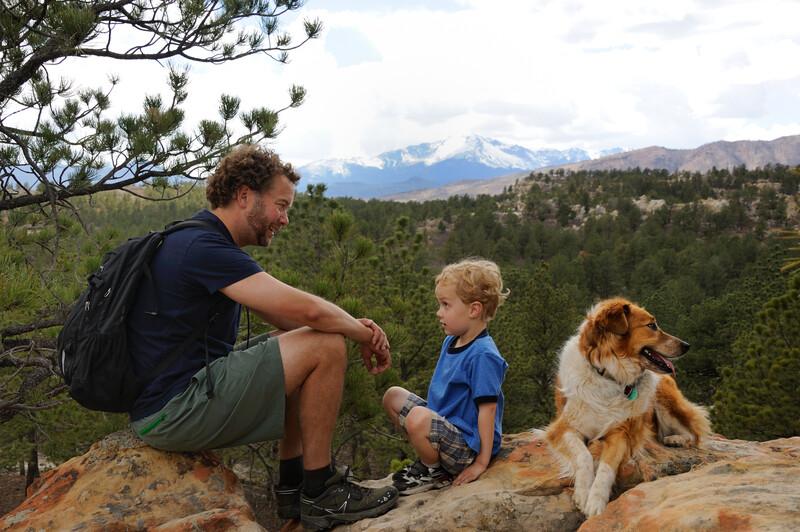 Benitez says that Coloradans, regardless of their politics, tend to understand the need for nature in their communities. “Everybody wants to protect that trail system up the hill from town, for themselves and for their kids.”Photo credit: Darcy Kiefel
Benitez says that Coloradans, regardless of their politics, tend to understand the need for nature in their communities. “Everybody wants to protect that trail system up the hill from town, for themselves and for their kids.”Photo credit: Darcy Kiefel
Do you think you can translate that shared passion into action?
We have to ask people, well, where does the funding come from to preserve and maintain that trail system? How do we educate our kids so that they’ll take care of it, too? How do we keep the local bike shop in business so there’s someone to fix your bike and keep you out on trail? These things matter to our communities.
There can be this strain among outdoor users: ORV riders don’t get along with mountain bikers, who clash with hikers, who are at odds with climbers, and everyone wants to protect their piece of the pie. Part of my job is to galvanize users across the spectrum who might oppose each other on other issues to come together and realize that it’s time to stand on our common ground: our respect for nature and our desire to protect it, and our right to access and enjoy the lands that belong to all of us.
This raw, beautiful landscape in Southern California is home to Indigenous heritage sites, and it provides critical habitat for threatened and endangered species. Urge President Biden to safeguard this extraordinary landscape today!
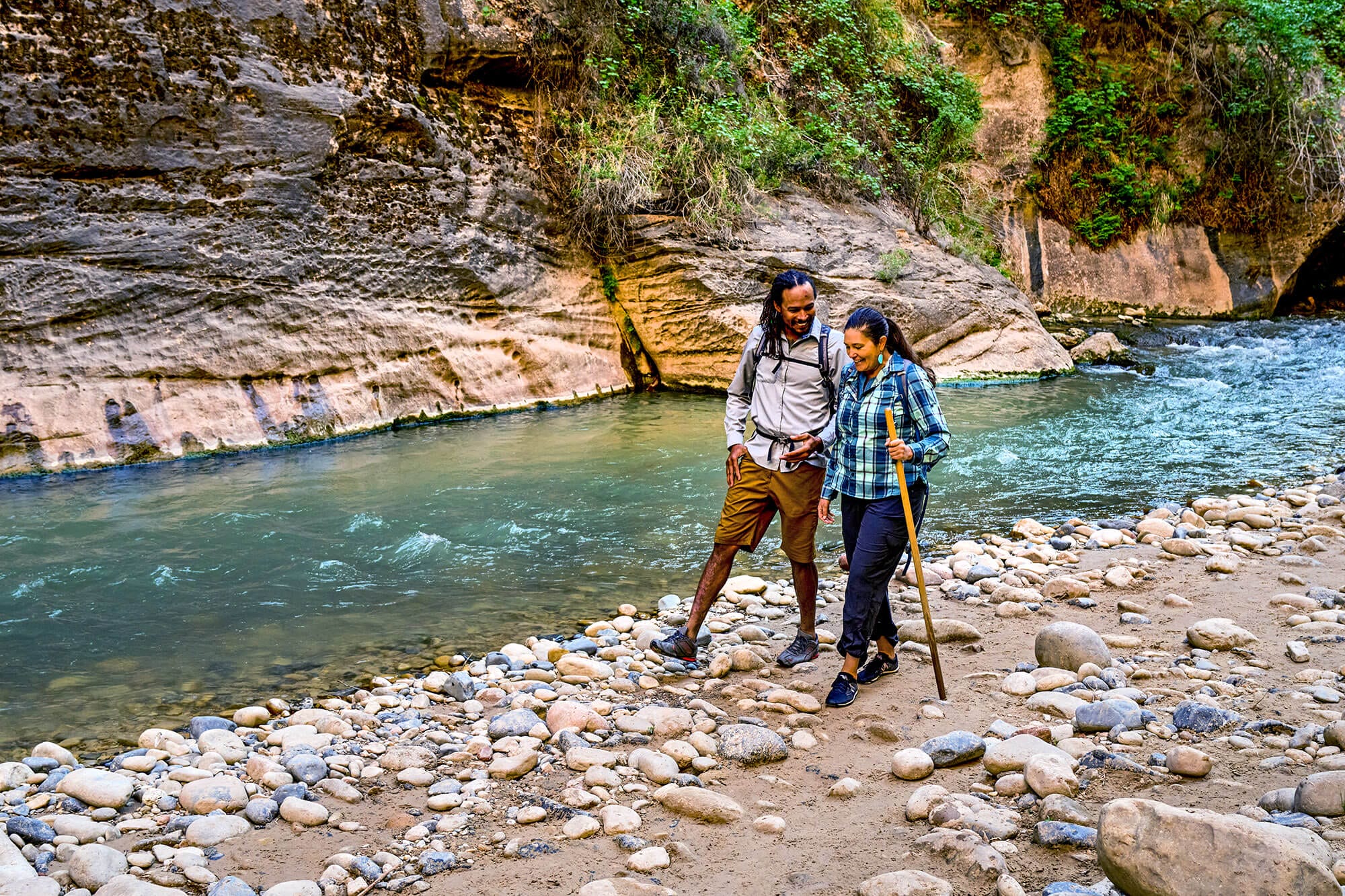
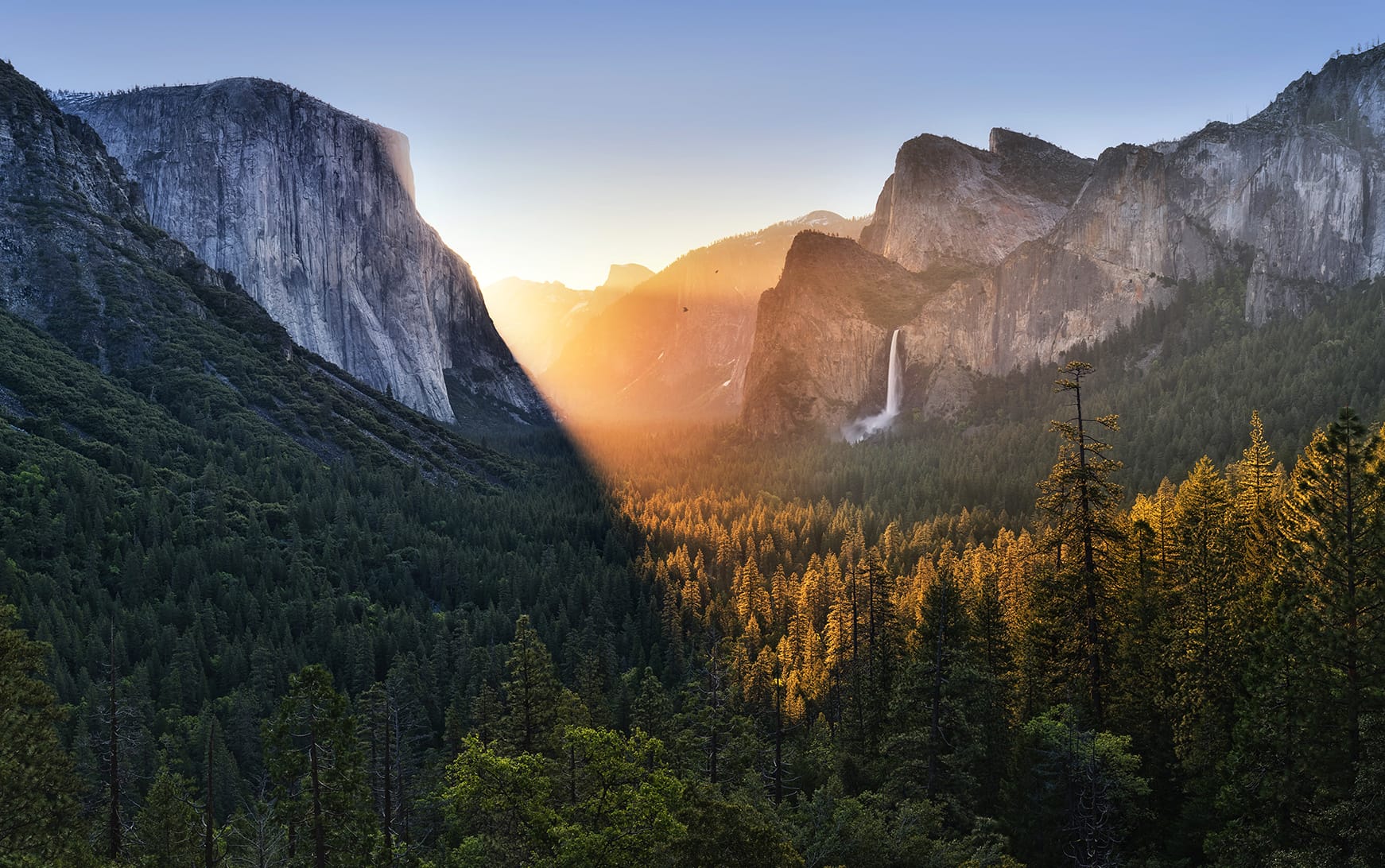
Donate to become a member, and you’ll receive a subscription to Land&People magazine, our biannual publication featuring exclusive, inspiring stories about our work connecting everyone to the outdoors.
See how our supporters are helping us connect people to the outdoors across the country.


